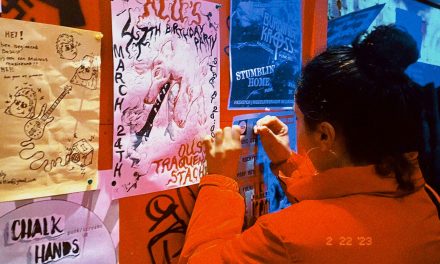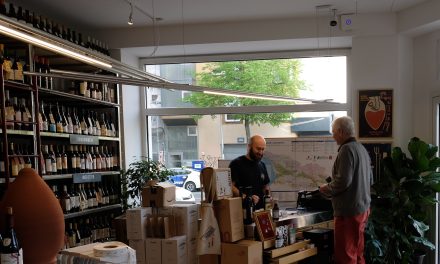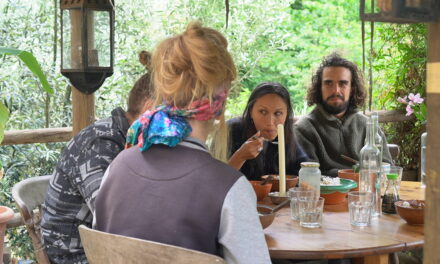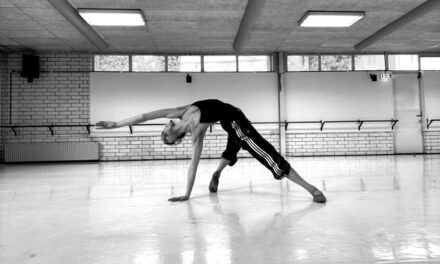In recent years, the term “woke culture” has become a buzzword in the world of arts. It refers to a growing movement that is focused on promoting social justice and challenging systemic injustices in various areas of society, including the arts. While this movement has brought about positive change, it has also generated controversy and criticism from those who view it as excessive or divisive.
In the arts, woke culture has sparked debates around issues such as cultural appropriation, representation, and censorship. Some argue that artists should be able to create freely without fear of being accused of cultural appropriation or insensitivity. Others argue that artists have a responsibility to consider the impact of their work on marginalized communities and to avoid perpetuating harmful stereotypes.
The controversy surrounding woke culture in the arts has also extended to issues of representation. Some argue that the push for diversity and inclusivity in the arts has led to a focus on identity politics at the expense of artistic merit. Others argue that promoting diverse voices and perspectives is essential for creating a more inclusive and equitable arts community.
Finally, the woke culture movement has also raised questions about censorship in the arts. While some argue that certain works should be restricted or removed if they perpetuate harmful stereotypes or promote hate speech, others argue that censorship limits artistic freedom and stifles creative expression.
Marty van Barneveld, editor at Plint: “I think in the first place most artists would not let themselves be limited. I do believe they will keep on doing and making what they find important. What I do think is that some artists, such as poets of authors, could produce something and after making it they are getting reactions they had not foreseen. The reactions don’t match with the intentions that they had while making a product. It could be that because of this example some artists stay away from this problematic.”
In this audio report, we will explore the complexities of woke culture in the world of arts. We will hear from artist Arnoud Rigter to gain a deeper understanding of the impact of this movement on the arts and its potential to bring about positive change.




